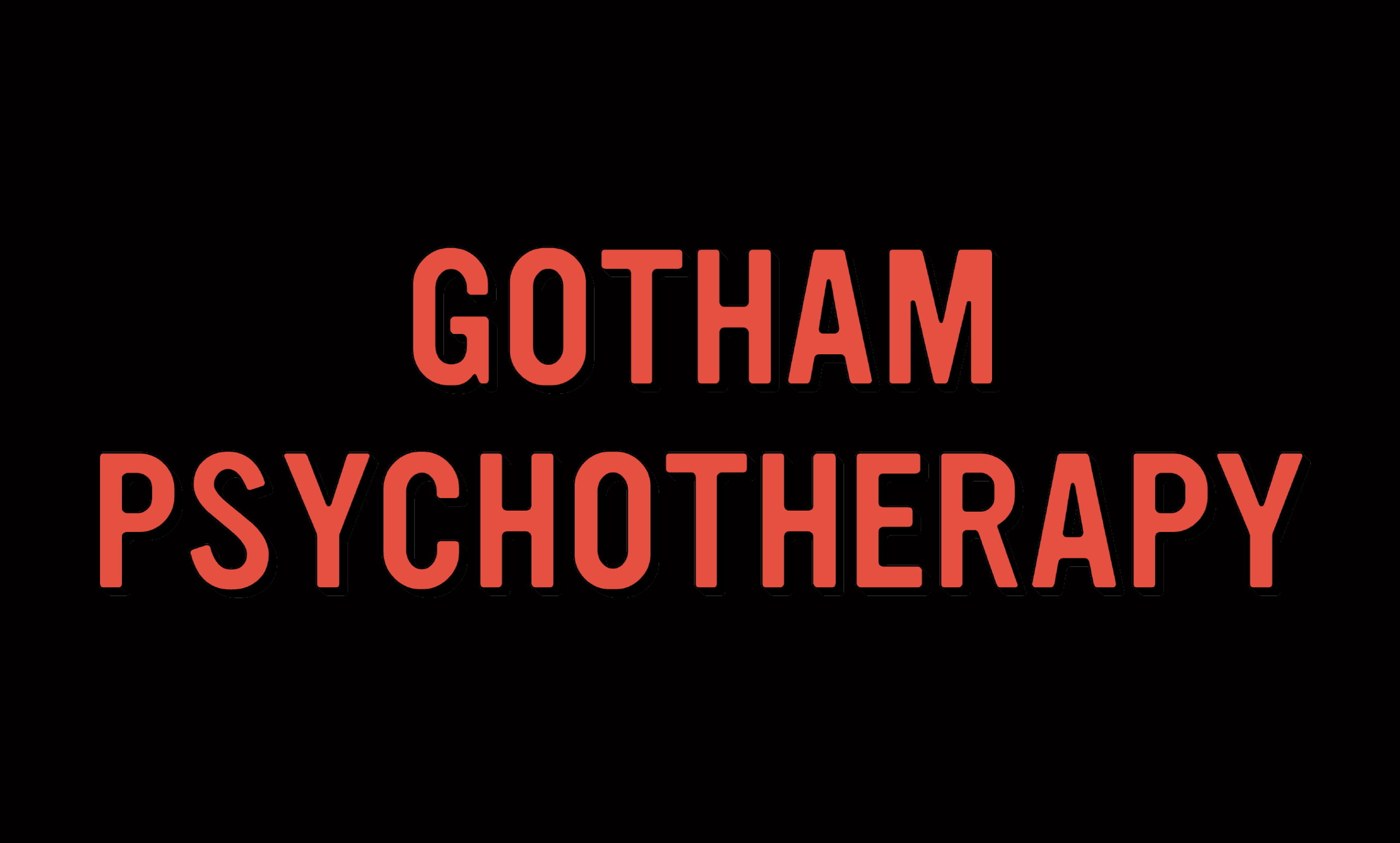Addictive Disorders
Understanding Addictive Disorders
Addictive disorders and anxiety often occur together, creating a cycle that can be difficult to break. Many people turn to substances or behaviors such as alcohol, drugs, gambling, sex, or food in an attempt to cope with overwhelming worry or stress. While these behaviors may bring temporary relief, they often lead to increased anxiety and emotional distress over time.
An addictive disorder is a condition in which a person repeatedly engages in a substance or behavior despite harmful consequences. This is not a matter of weakness or lack of willpower—it is a recognized mental health condition that can significantly affect daily functioning.
Addictive disorders can impact nearly every part of life. They may interfere with physical health, strain relationships, disrupt performance at work or school, and lower self-esteem. Over time, the cycle of anxiety and addiction can feel isolating and overwhelming.
The good news is that with professional treatment, it is possible to learn healthier coping strategies, reduce symptoms, and restore balance.
Treatment Approaches
Cognitive Behavioral Therapy (CBT): Identify and change patterns that maintain addictive cycles.
Motivational Interviewing (MI): Strengthen readiness for change.
Mindfulness-Based Strategies: Build awareness of triggers and regulate urges.
Relapse Prevention Planning: Develop coping strategies for high-risk situations.
Trauma-Informed Care: Address unresolved trauma that often underlies addictive patterns.
Collaboration with Medical Providers: Support for detox, nutrition, or medication when needed.
Why Seek Help
Addictive disorders are treatable – effective therapies and support can lead to lasting recovery.
Early intervention can prevent long-term harm and improve overall well-being.
Therapy provides hope, healing, and healthier ways to cope with stress and anxiety.

